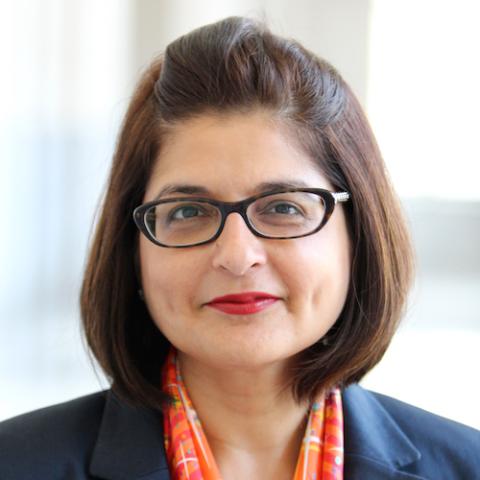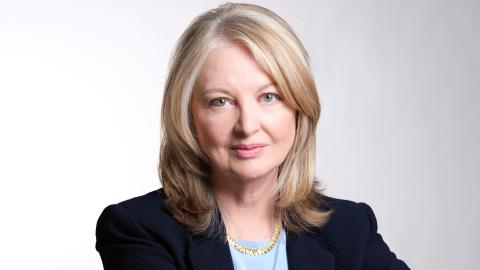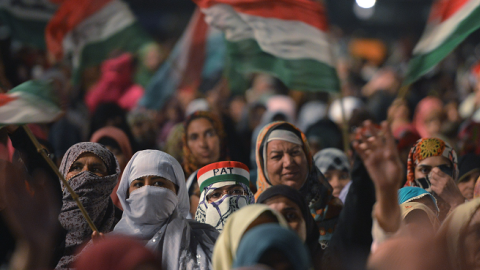The decision to award Malala Yousafzai the Nobel Peace Prize last week was a good one. After all, the 17 year-old, who was named a joint winner with along with Kailash Satyarthi, personifies the struggle for modernity, women’s equality and individual rights to religious freedom against the threat of Islamic extremism. But while Malala’s award is a triumph for her determination, it is far from clear that the cause she champions will meet as much success.
The reality is that Pakistan is facing a serious problem, with the mushrooming of Islamist appeal within Pakistani society reminding us that we risk seeing the Talibanization not simply of a small minority of ordinary citizens, but large swathes of the populace of the world’s second largest – and only nuclear-armed – Muslim country.
Pakistan abounds with violent sectarian and Islamist groups headquartered in semiautonomous tribal areas. Foreign jihadists, including Westerners like American David Headley, flock to areas such as North Waziristan. Yet although Islamabad devotes a full third of its armed forces to the northwest of the country, it is also pursuing policies that encourage a mainstream slide toward extremism.
State laws and practices relating to Islamic blasphemy, in particular, are increasingly suppressing moderate voices, while allowing extremists to dominate cultural discourse and learning. As a result, extremism is making ideological inroads into wider and wider segments of the population.
A shocking example came last month with the drive-by shooting of Muhammad Shakeel Auj, dean of Islamic Studies at the venerable Karachi University. Auj had earned a PhD after writing a comparison of eight Urdu translations of the Quran. But some found offense in his “liberal” religious views as he passionately denounced terrorism and suggested that Muslim women could pray wearing lipstick and could marry non-Muslims.
Over the past two years, Auj has been subject to a barrage of blasphemy accusations, fatwas, and death threats, including that he will be beheaded. Particularly troubling is that four of his own faculty members were allegedly behind some of the threats. They were arrested, but soon released on bail. As one obituary writer commented, Auj’s murder shows that now “even the most mainstream Sunni voices will not be tolerated.”
Junaid Hafeez, another university professor, may soon be sentenced to death by the state Charged with insulting the Prophet Mohammed on Facebook, he is now on trial for the capital crime of blasphemy. Yet the charge is based entirely on oral testimony of students linked to the hardline Jamaat-i-Islami party.
Hafeez has reportedly found it difficult to find a lawyer willing to defend him, not least because those who manage to secure an acquittal for accused blasphemers run the risk of being seen as blasphemers themselves. And while the state doesn’t penalize such defense lawyers, it also does little to protect them or punish their extrajudicial killers either. For example, while after his first two lawyers quit following death threats, Hafeez was able to hire Rashid Rehman, a senior lawyer with Pakistan’s Human Rights Commission. But on May 7, Rehman was shot dead in his office His killers remain at large.
Liberal Muslim educators, lawyers, and human rights activists aren’t the only victims of the country’s anti-blasphemy codes. Often targeted are the Ahmadis, an as many as 5 million strong, well-educated community that professes faith in Islam, but which is not deemed Muslim under Pakistan’s constitution. The sect’s tenets renounce violent jihad and embrace the separation of mosque and state, as well as religious pluralism. They now account for 40 percent of blasphemy prosecutions, which also disproportionately target Christians, Shia, and Hindus.
Such extremism has touched us personally. Our friends Shahbaz Bhatti, the former Minority Affairs Minister, and Salman Taseer, Punjab’s former governor, were both outspoken critics of the blasphemy conviction of Christian mother Asia Bibi, and both were gunned down in 2011. The Lahore High Court on Thursday upheld the death sentence against Asia Bibi.
The blasphemy law was originally introduced to appease extremists, but has instead stimulated an appetite for more. As Bhatti noted: “This law is creating disharmony and intolerance in our society.” He is right – it legitimizes and enflames religious passions over speech, while providing extremists a platform within the very heart of Pakistani society.
American drones are now aiming at Pakistan’s northwest terrorist snake pit. But there is no military solution to the blasphemy law. And while it is only right that we celebrate Malala’s Nobel award, we also cannot forget the growing numbers of Pakistanis that take no pride in such an achievement.















